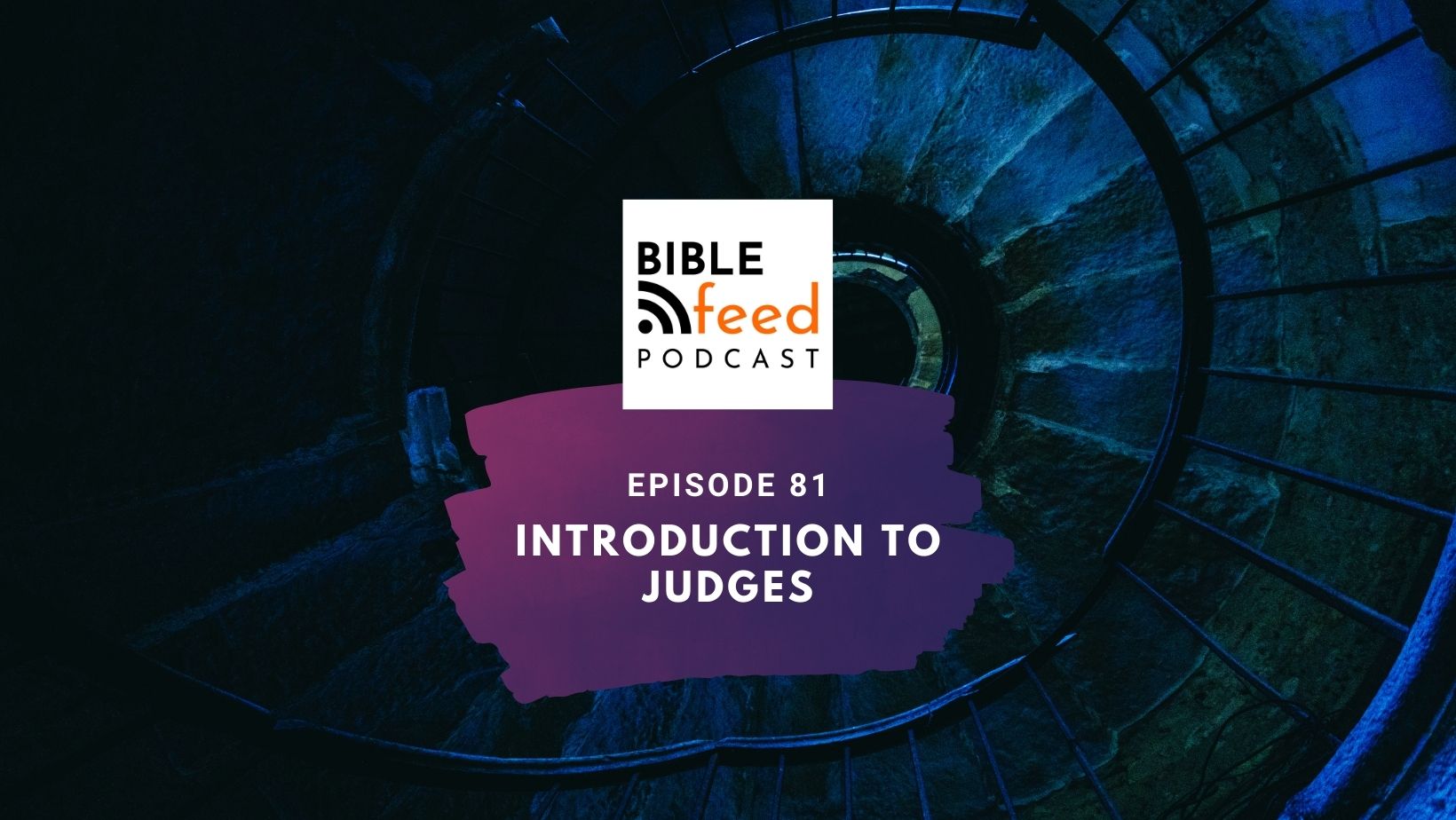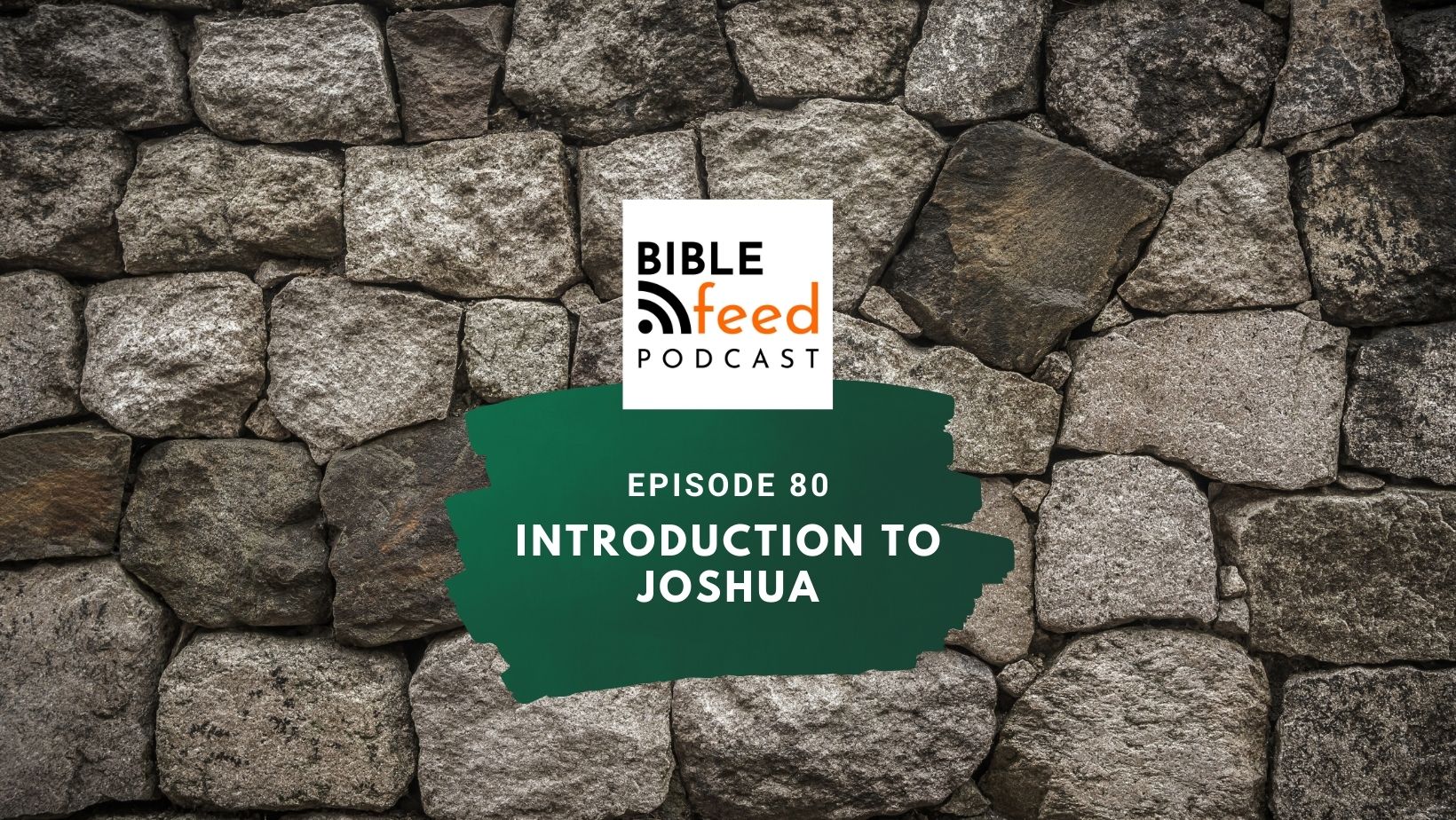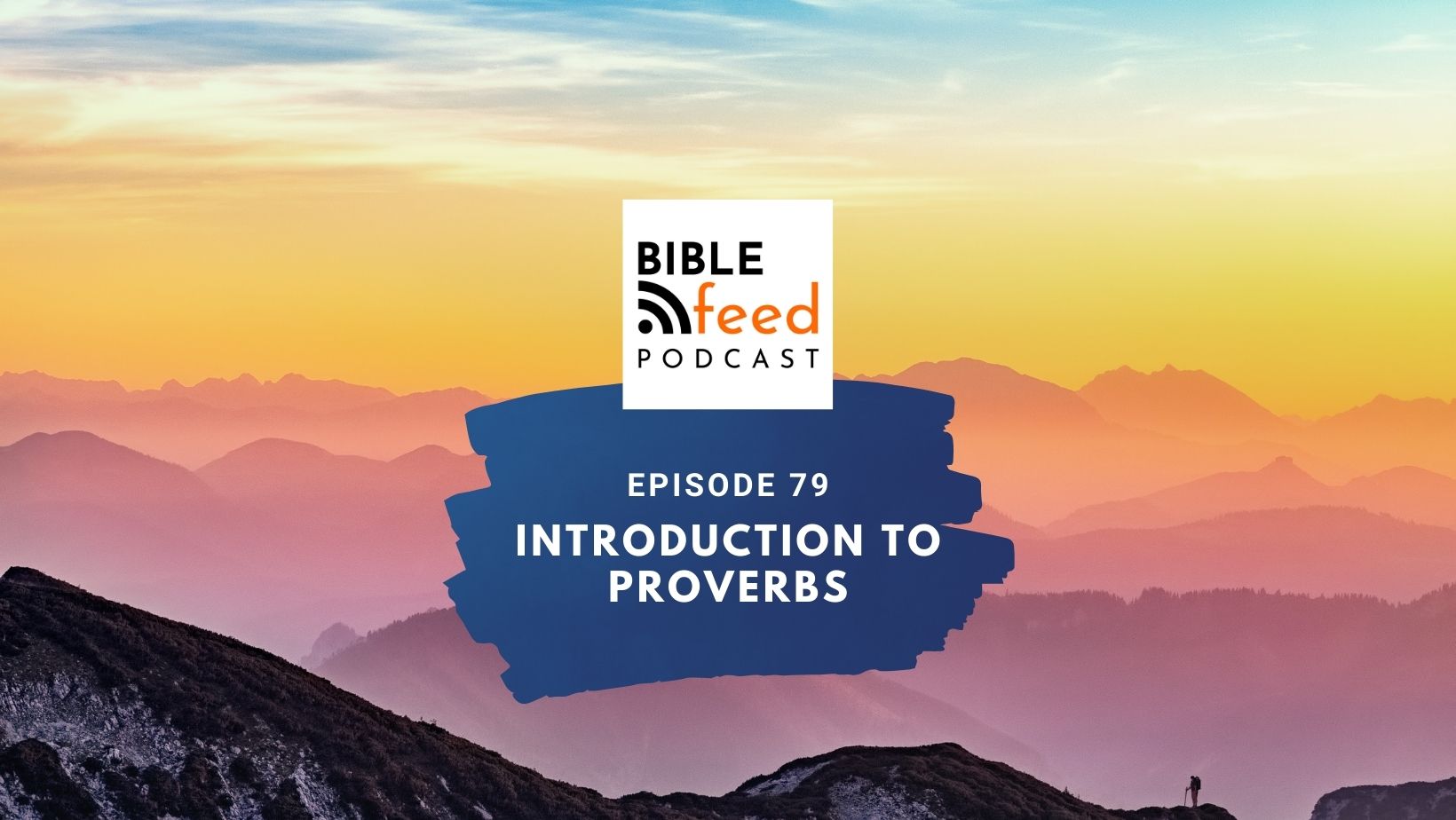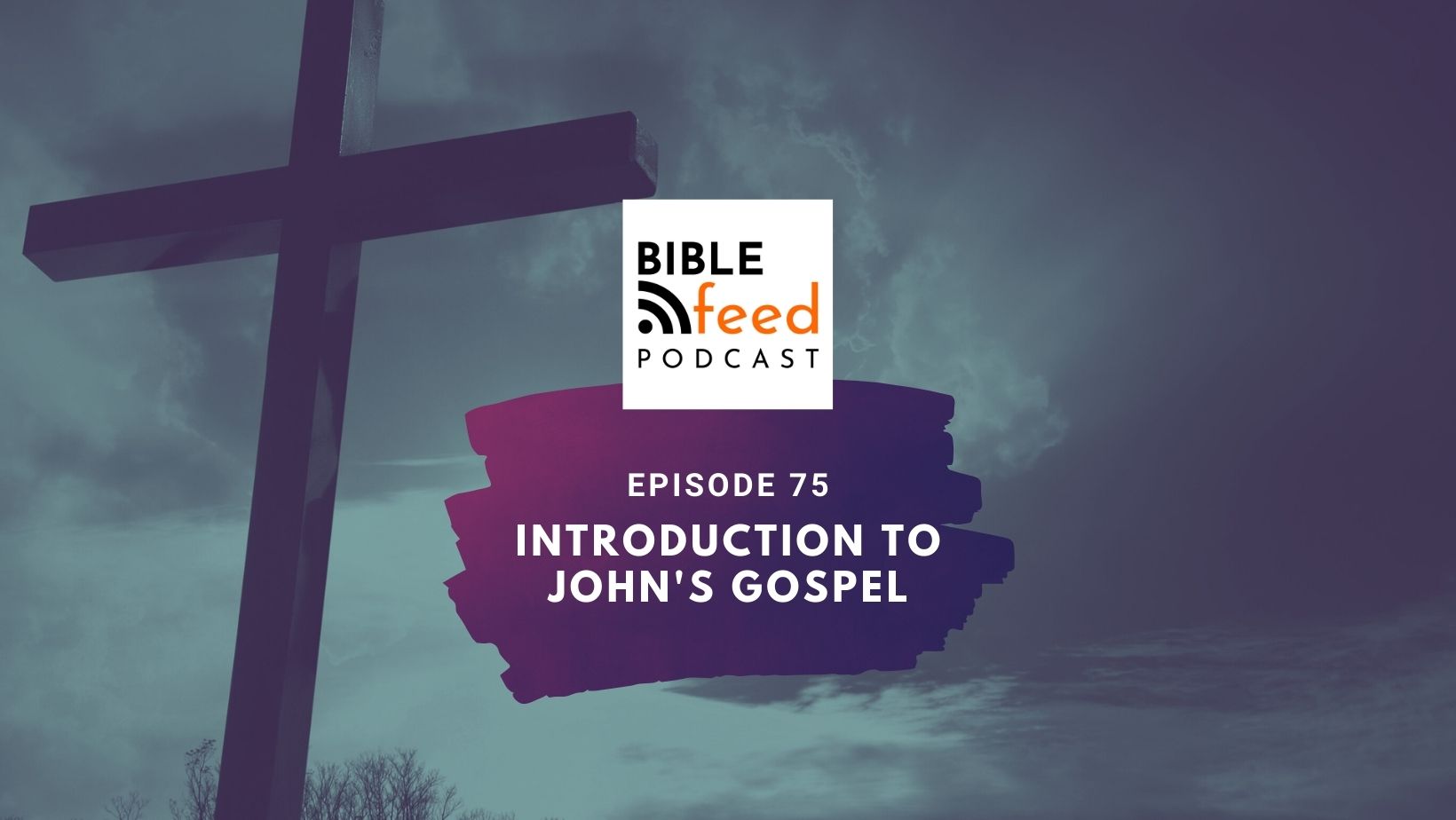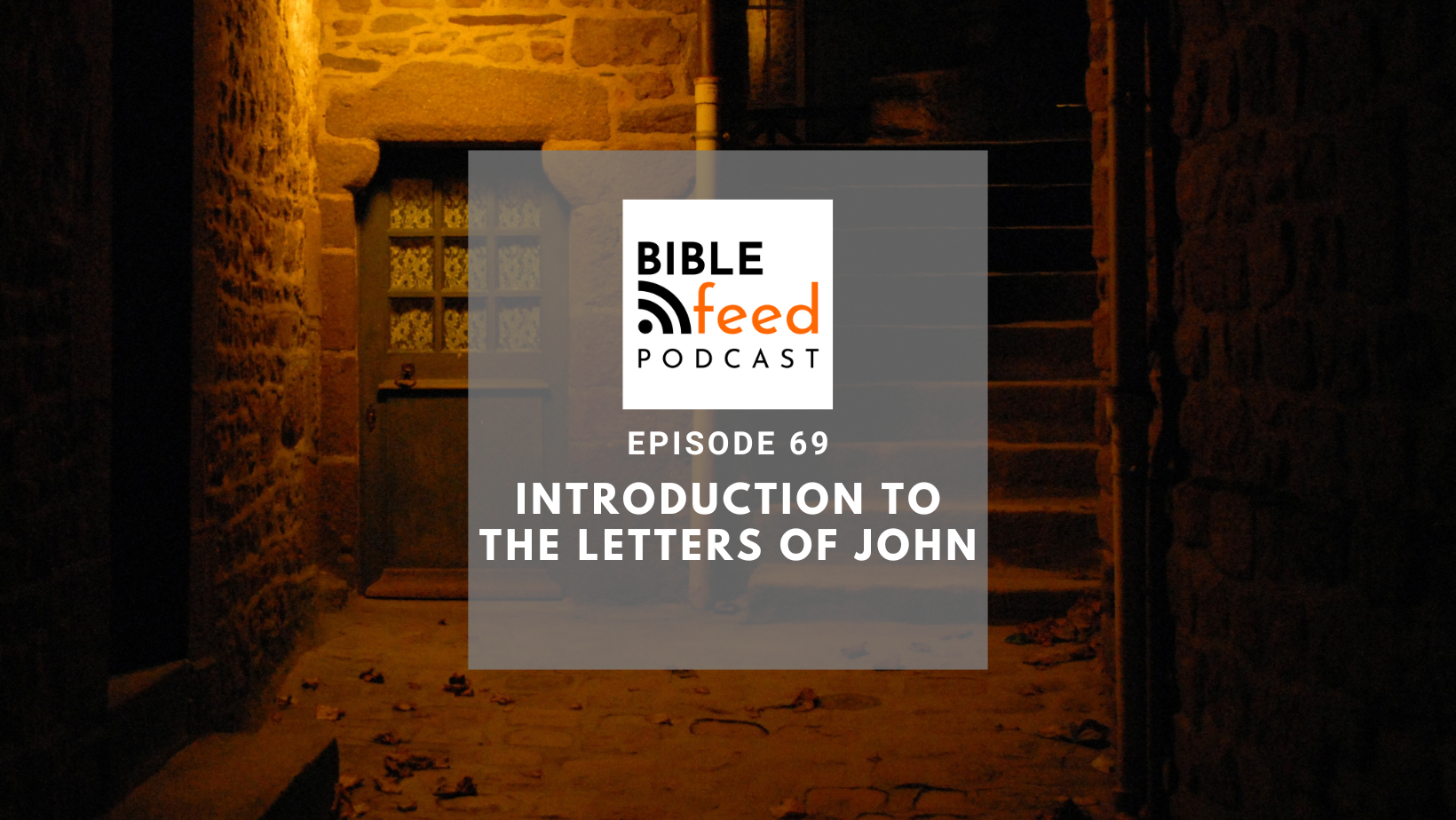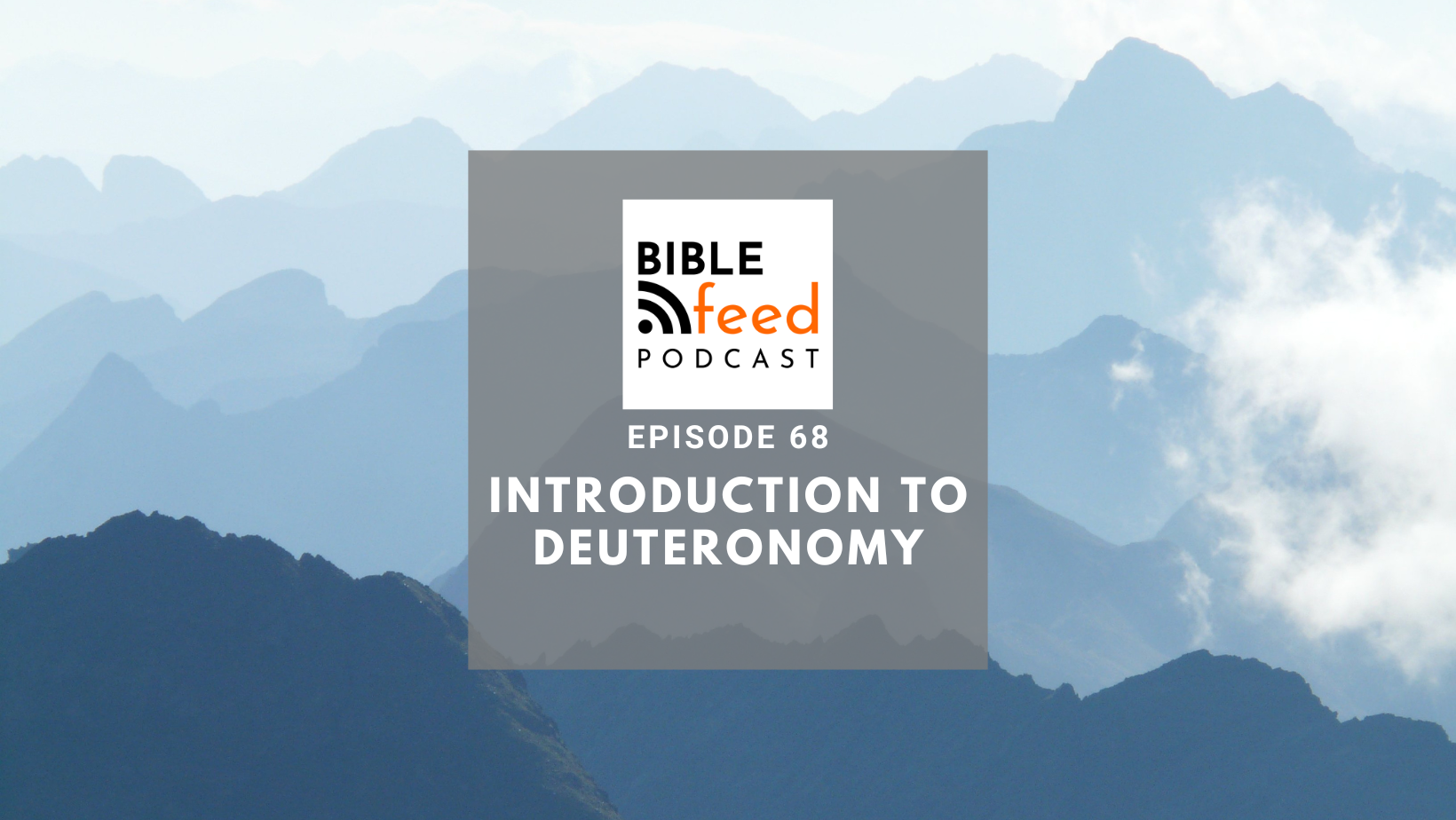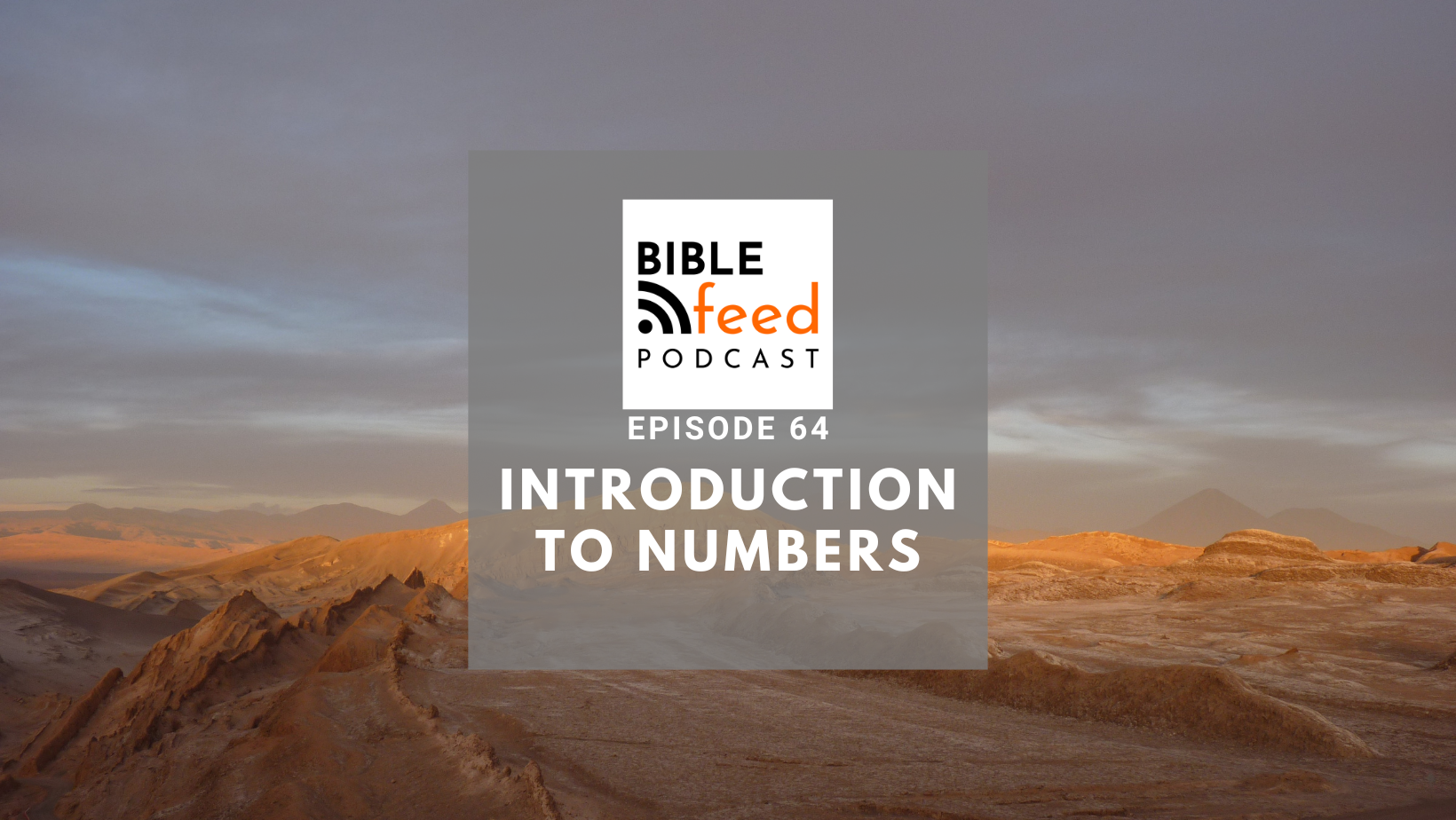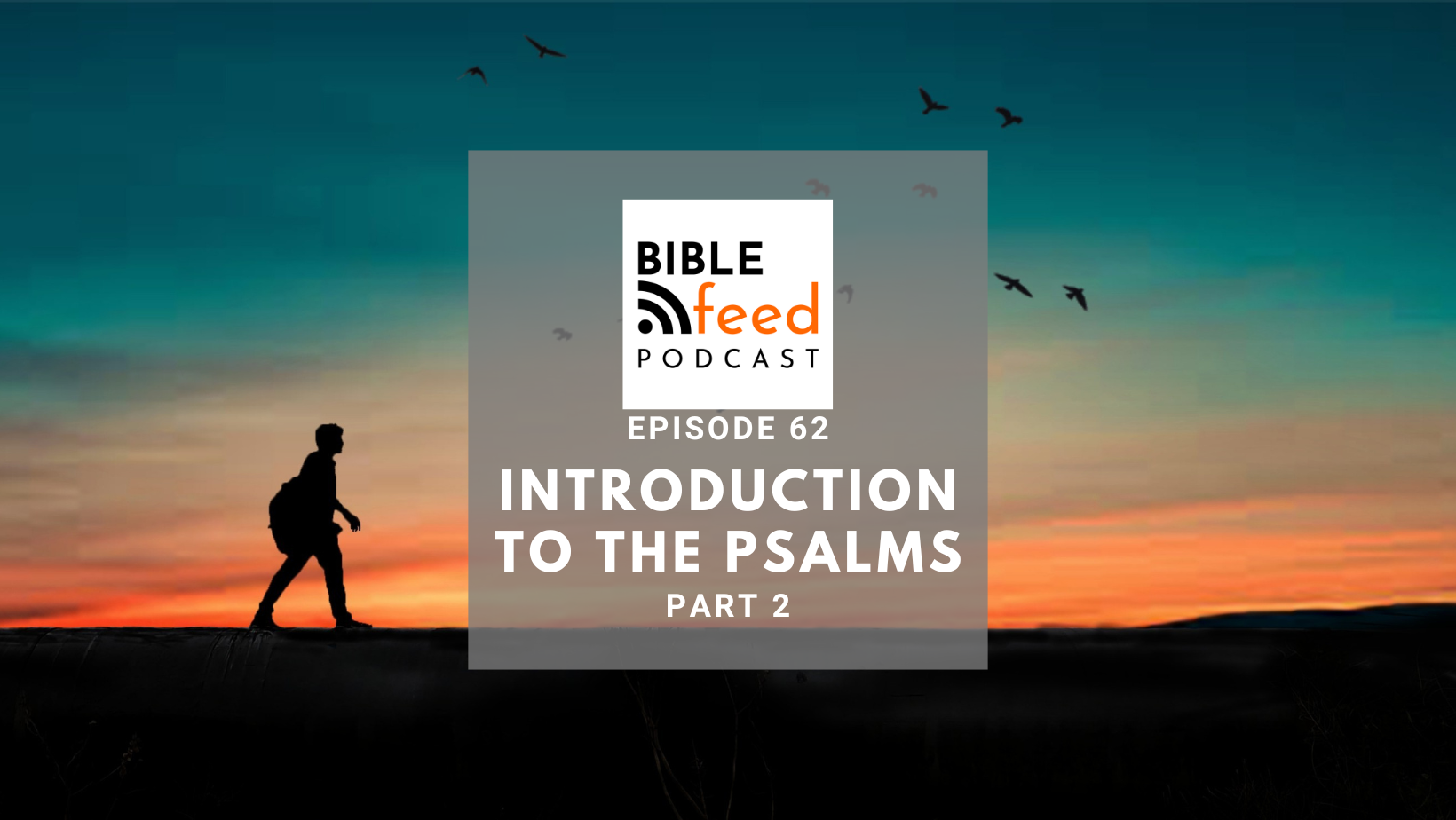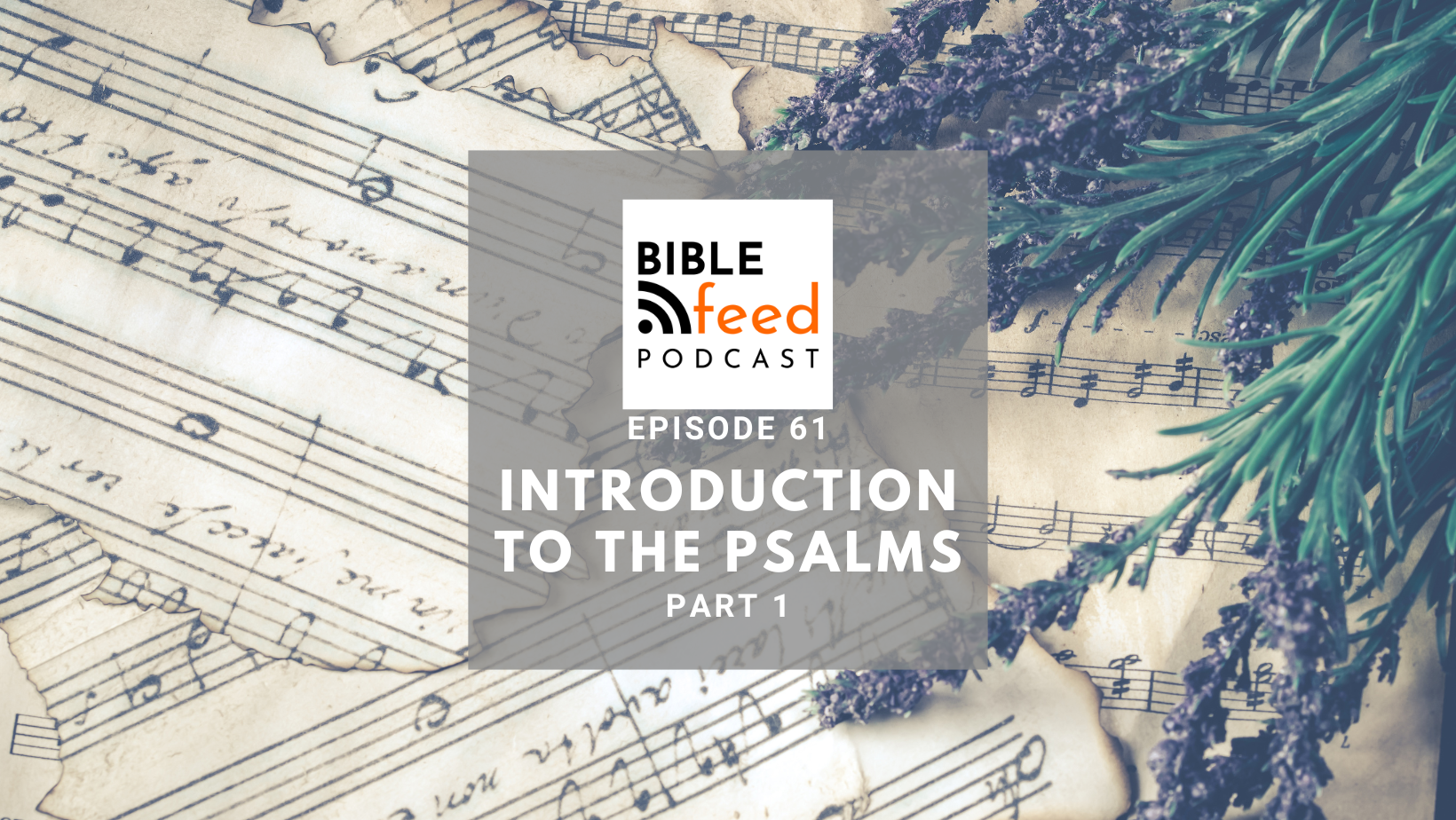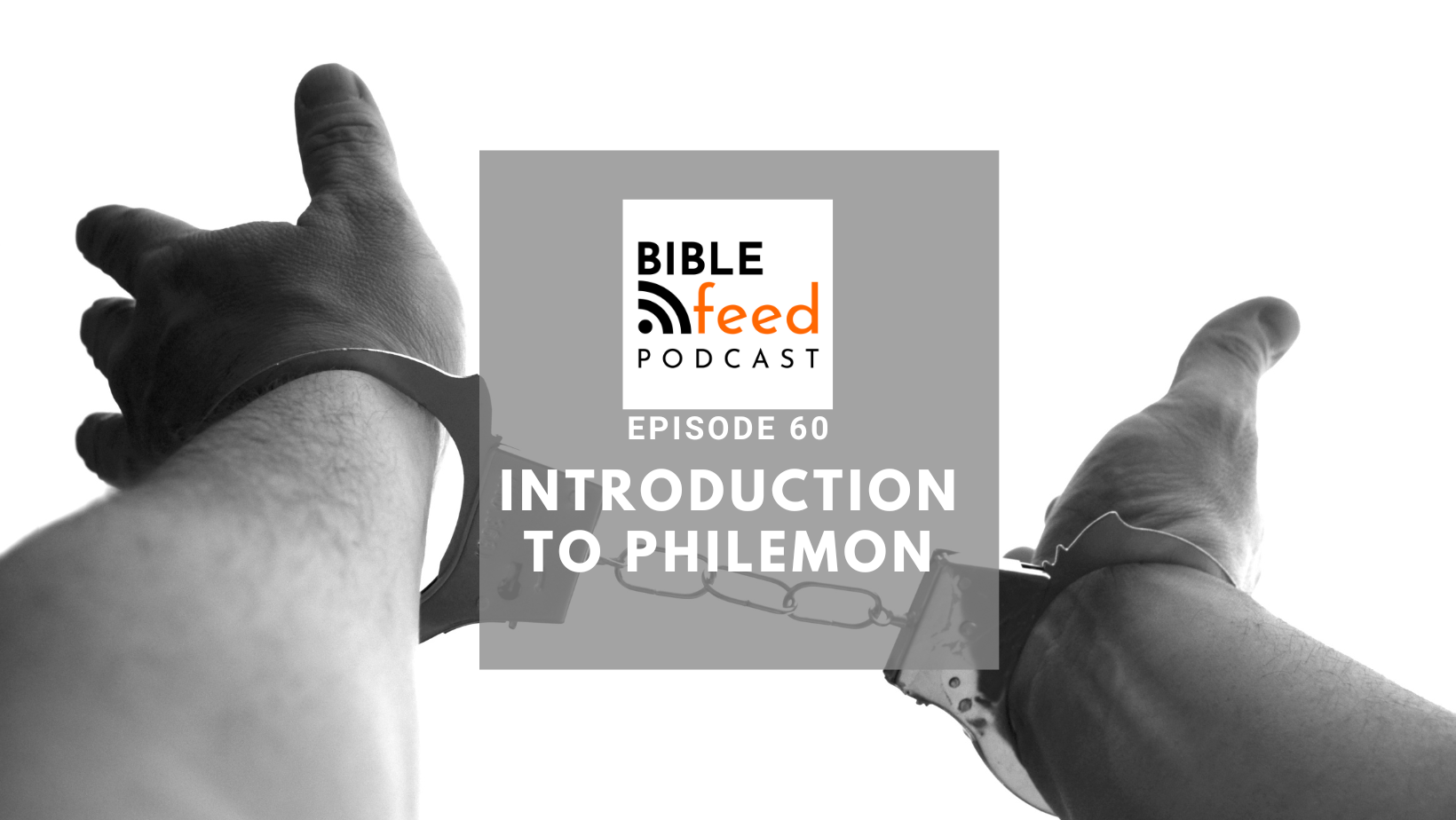The book of Joshua is difficult and sometimes controversial. By examining its structure and themes that lead us to some surprising key characters, like Rahab and the Gibeonites, we discuss the moral and historical complexities in this introduction to the book of Joshua.
Laurence and Paul try to make the book of Proverbs, in the Old Testament, easier to read. By breaking down its seven distinct sections, from fatherly advice to the young, through to reflections at the end of life, they aim to make Proverbs more accessible and meaningful. They also think about how Proverbs relates to other ancient wisdom literature and finish up by testing Laurence on his ability to recognise types of parallelisms!
In this episode Dan and Paul embark on an exploration of John's Gospel, unraveling its sense of majesty and mystery right from the opening verses. They discuss the unique structure and content of John's Gospel, comparing it to the Synoptic Gospels—Matthew, Mark, and Luke—highlighting its distinct opening, key themes, and the explicit purpose stated in John's narrative. They delve into the significance of belief, the role of witnessing, and the powerful symbolism of water and blood, offering a compelling argument for understanding John’s Gospel as a carefully selected collection of events aimed at strengthening the reader's faith in Jesus as the Messiah.
Dan and Laurence step into the New Testament for an introduction to the three letters of John. After exploring the stark contrasts and Torah references in the first letter they then see how the second and third letters apply the theory from the first letter to two opposite situations. And finally, little children, keep yourselves from idols...uh?
In this episode, we finish our series on the 5 books of Moses, the Torah, by looking at Deuteronomy. We find that this book acts as a stage-setter, defining how leaders of this ancient people will be described for the next 600 years. Remarkably, Deuteronomy also makes a surprise appearance at the end of that history, just before Israel were exiled to Babylon.
We continue our introduction episodes by looking at the book of Numbers. It's actually not just about counting things, but instead it's about a journey through the wilderness and it says much about God's overarching care for his people to protect, preserve and remain true to his promises.
Continuing the conversation from Part 1, Jordan and Dan find that some Psalms express doubts and uncertainties and deeply question what God is doing. But by remembering what God has done in the past the Psalmist is led back to peace of mind and trust in God, ending with a call for "everything that has breath to praise the LORD"!
In the first part of our introduction to the Psalms, Dan talks to Jordan Walton about whether the Psalter is just a random collection of prayers and songs or whether there is some structure to it. Having identified a five book structure, they start to delve into the focus of books one and two.
For the next of our Bible book introductions we take a look at the smallest of Paul's letters, his letter to Philemon. Why should a personal letter about fixing a very personal relationship be included in the scriptures? We find that it is, in fact, an incredibly revealing case study into how being a Christian should change the way we view society and people around us.

